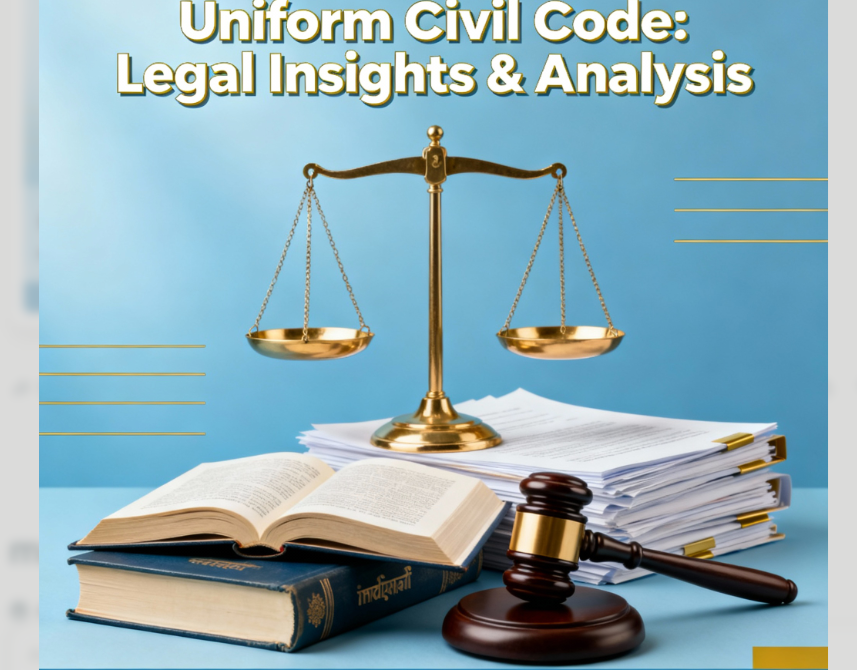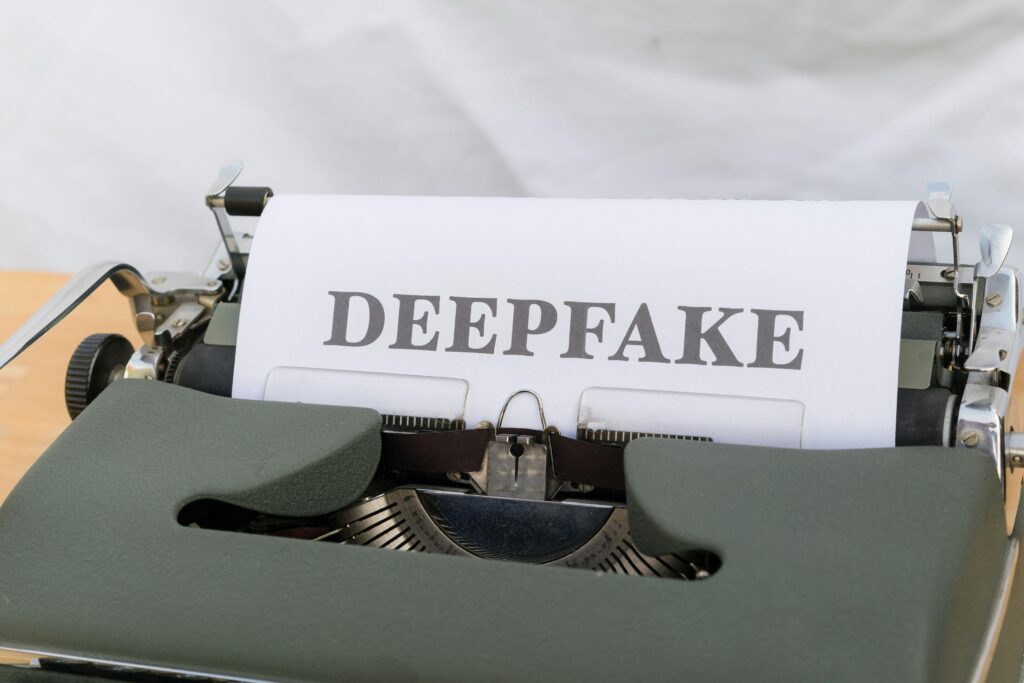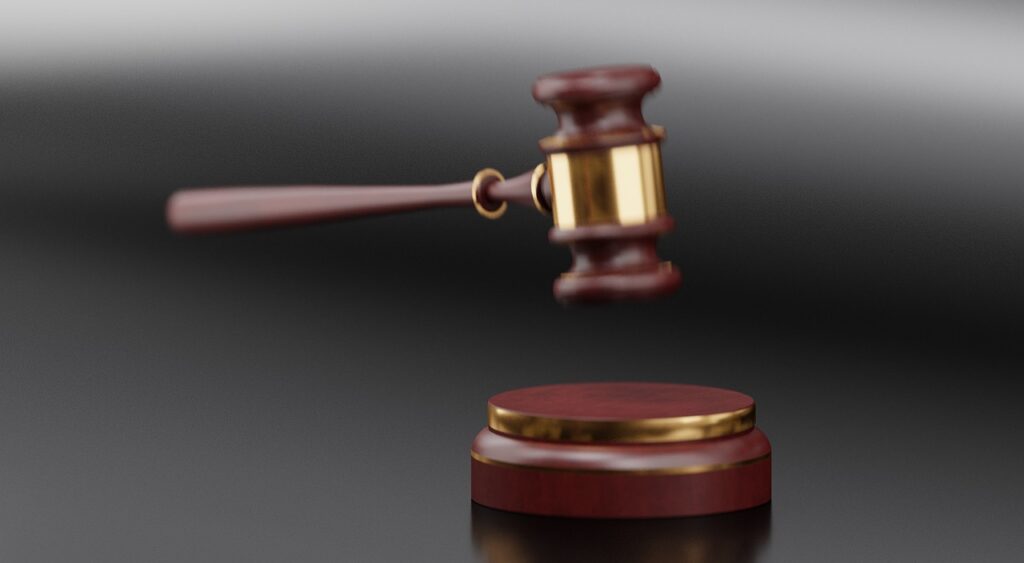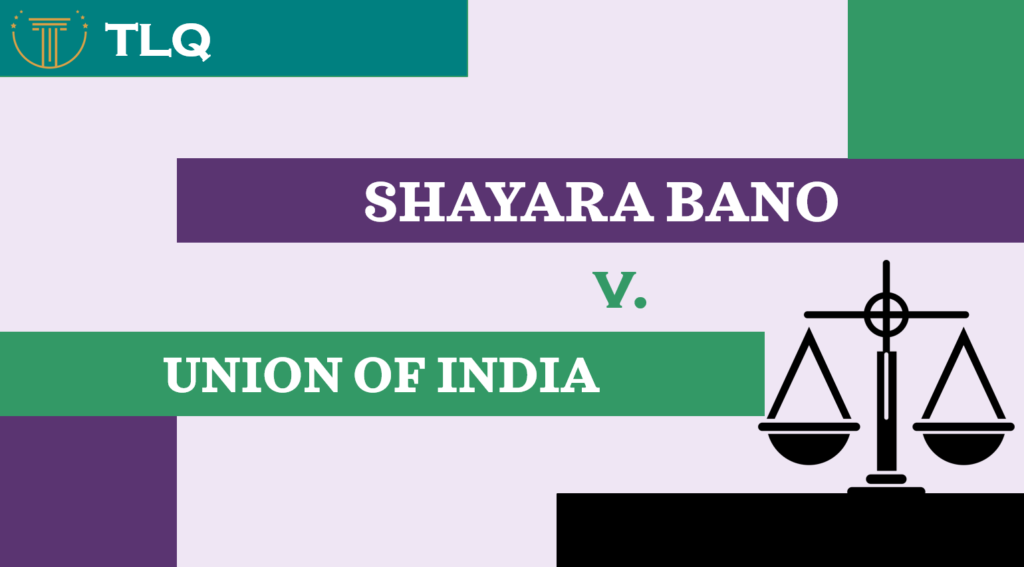Published On: 4th March, 2024
ABSTRACT
The purpose of the POCSO Act is to safeguard minors from sexual assault, harassment, and pornography, as well as to establish special courts for the trial of these offenses. It recognizes children’s rights when they are in danger of sexual offenses. In response to an increase in the number of sexual offenses committed against children, the 2012 Act was created in order to safeguard their security and safety. It accomplished this by creating judicial bodies to protect their rights and by creating a productive framework for doing so. To protect minors from sexual assault and to provide a court system that is child-friendly for dealing with such cases.
Keywords: POCSO, Sexual offence, Judicial Bodies, Child Friendly
INTRODUCTION
According to data from the National Crime Records Bureau, the rate of crime against children nationwide rose from 21.1% in 2015 to 28.9% in 2017.4. Childhood is a period of development, and it should be joyful, safe, and safe. However, for many children, childhood is not like that at all. A law to protect children from sexual offenses is known as the Protection of Children from Sexual Offenses (POCSO) Act of 2012. Children have a far harder time disclosing abuse than adults do. Special courts, special judges, special public prosecutors, experts such as translators or interpreters, special educators or anybody familiar with the child’s communication style, and support personnel are all covered. The accused now has the burden of proof instead of the prosecution. Additionally, there are more severe penalties for some children’s sexual offenses, including death. A targeted and efficient approach is ensured by the POCSO Act, which offers certain legal rules and processes designed to meet the special character of crimes against children.
WHAT IS POCSO?
The POCSO Act was created to safeguard the rights of children under the age of eighteen from exploitation and sexual abuse. The legislation, which is not unique to customary law, aims to protect children under the age of eighteen from sexual assault. Under the Ministry of Women and Child Development, it was enacted in 2012. Child sexual abuse is defined as the participation of a child in sexual behavior that they do not completely comprehend, that is unlawful or violates societal standards, or for which the consenter is unable to provide informed consent. Sexual behaviors including contact and non-contact are addressed. The Act specifies the person who is believed to have committed the offense is a police officer, a public servant, an employee of a jail, hospital, school, or remand home, as well as a member of the security or armed forces in such instances. All forms of sexual abuse of children, including penetrative or non-penetrative sexual encounters, pornography, sexual harassment, commercial sexual exploitation, sex tourism, and internet exploitation, are considered child sexual abuse. Every environment is prone to sexual violence: homes, workplaces, schools, childcare centers, and public spaces. It is quite rare and challenging to get information on the prevalence and types of CSA. About half of the 1,25,000 children surveyed in research conducted in 2007 under the supervision of the Ministry of Women and Child Development in 13 Indian states had experienced sexual abuse. Penetrative Sexual Assault mentioned in Section 3: A person is considered to have committed “penetrative sexual assault” if: (a) he inserts, to any extent, any object or part of the body, other than the penis, into the vagina, the urethra, or the anus of the child, or he causes the child to do so with him or any other person; (b) he inserts, to any extent, any object or part of the body, other than the penis, into the vagina, the urethra, or the child; or (c) he manipulates any part of the child’s body so as to cause penetration into the vagina, urethra, anus, or any part of the child; or (d) He puts his mouth to the child’s penis, vagina, anus, or urethra, or he forces the child to do so with that individual or any other individual.
Section 4: Punishment for sexual assault with penetration: (1) Penetrating sexual assaulters will be punished with either type of imprisonment for a minimum of 10 years, with the possibility of a life sentence, as well as a fine.
NEED OF POCSO ACT
The I.P.C. did not go far enough in protecting children from non-traditional sexual abuse and other sexual crimes including child trafficking and pornography. This led to the creation of the POCSO Act. Governmental organizations established specialized courts for the trial of such offenses and cases involving crimes involving child sexual abuse in an effort to advance effective legal machinery and protect children from crimes involving sexual assault, sexual harassment, and pornography. All across the world, the number of sexual assaults involving children is rising, but India, one of the top five nations in the world, has a notably high rate of [1]these assaults.
DEBATES ON POCSO
Tukaram v. State of Maharashtra1 While most of the rapes were conducted by police officers, the most notable was one in which the victim was a minor girl aged 14 to 16 years old–an orphan tribal farm laborer named Mathura. Two police officers inside the police station sexually assaulted her. The Bombay High Court overruled the sessions court’s decision to acquit the defendants, finding them guilty on the grounds that she would not have invited them to fulfill her sexual fantasies because they were “strangers” to her. Although the High Court ruled in favor of the minor victim. It might not have convicted the accused had they either been known to her or had they belonged to her family, which is very often the scenario in child sexual violence cases. Then, the Supreme Court overturned the High Court’s ruling and cleared them on the basis that the sexual encounter was a “peaceful affair,” the medical report had no evidence of injuries, and the juvenile victim had not expressed any concerns. The appropriateness of the 18-year-old consent age set under the POCSO Act is a topic of discussion. While some contend that it needs to be decreased, others think that the existing age is appropriate for guaranteeing youngsters’ protection. According to the Act, a child is anyone under the age of eighteen. Consent from a “child” is irrelevant, and consenting teenagers to engage in sexual activity is handled in the same manner as rape. However, due to the rising number of occurrences of sexual offenses between the ages of 16 and 18, there have been requests in recent years for the Act’s age restriction to be re-examined. The majority of cases under the POCSO Act involve romantic connections between an adult and a teenager in which the girl’s family has accused the boy of a sexual offense in order to punish him. United Nations Population Fund, examined 1715 of these “romantic cases” that were filed in Assam, Maharashtra, and West Bengal between 2016 and 2020 under the POCSO Act. According to the report, between 2016 and 2020, “romantic cases” made up 24.3% of all POCSO instances. Of these, 80.2% were submitted by the girl’s parents or other family members. In certain situations, even if the relationship may have been mutually consenting, the girl’s agreement (if she is under the age of 18) is considered invalid, and the boy is regarded as a criminal. Such cases show how incompetent the legal system is at distinguishing between legitimate cases, which leads to non-delivery of justice by damaging the lives of the accused and stunting the development of adolescents by treating them like helpless little children incapable of making their own decisions. In Ajay Kumar v. State (NCT of Delhi)2. the Delhi High Court stated that the intention of the POCSO Act was to protect children below the age of 18 years from sexual exploitation and not to criminalize romantic relationships between consenting young adults. There is an increasing need to review the age restriction under the POCSO Act, particularly in situations involving intimate connections between minors. By doing this, it would be ensured that children are not charged with sexual offenses, traumatized, or stigmatized for acting in an adolescent manner.
EFFECTS OF SEXUAL ASSAULT ON CHILDREN
A stressful incident may trigger post-traumatic stress disorder (PTSD), a mental health disease. PTSD symptoms include flashbacks, nightmares, intense anxiety, and uncontrolled thoughts about the incident. Many survivors of traumatic events find it difficult to adapt and adjust for a very long period. Such traumatic reactions, however, usually go better with time and attention. Depression is more than just transient, everyday feelings of sadness. Prolonged sadness, helplessness, inexplicable crying, hunger fluctuations resulting in significant weight loss or increase, fatigue, or a loss of interest and enjoyment in once-enjoyed activities are all potential indicators. His or her capacity to think through problems and come to judgments may be affected as a result. People may even attempt or have suicidal thoughts in severe [2]situations of depression
COGNIZABLE AND BAILABLE OFFENCE UNDER POCSO
The POCSO Act lists a wide range of offenses, but it makes no mention of whether or not they are punishable by law or subject to bail. Inferred from Section 19 of the POCSO Act and Rule 4 (2) (a) of the POCSO Rules, sexual offenses are punishable by law since, in accordance with Section 154 of the CrPC, police who receive information about the commission of an offense must record and register a First Information Report (FIR) and provide a copy of the report to the person filing it for free. The First Schedule of the Criminal Procedure Code must be consulted in order to ascertain whether a sexual offense is subject to bail or not.
JUDICIAL PROCEEDINGS
According to Sections 19 and 21 of the POCSO Act, a doctor or other health care provider who knows that a child has been sexually abused is required by law to report the offence to the authorities. If they fail to do so, they risk facing a fine or six months in jail. It makes no mention of the mandated reporter’s need to notify the youngster, his parents, or legal guardian of his reporting requirement. The physician or other health provider must detail the type of abuse and all people involved in the mandated report. For some rape trials, confirmation is not required. This meant that in situations involving child sexual abuse, a child’s testimony by itself might constitute substantial evidence against the accused. • The questions the defence lawyers ask child witnesses during cross-examination on behalf of the accused regarding the frequency of crimes should be submitted in writing to the presiding judge, who may then present them to the child victims in a clear and non-traumatic manner. In the case of Mahammad Ali Akbar v. State of Karnataka3 court held that “Once a victim crosses the age of 18, the rigour of Section 33(5) of the Act is diluted because the child-victim is not [3]called for repeated cross-examination or re-examination. On the child attaining 18 years of age, the rigour under Section 33(5) of the Act gets diluted and sequentially, will not become a bar for seeking further cross-examination of the victim under Section 311 of the Cr. P.C.”
The court has an obligation to ensure that child rape victims and other witnesses are not harassed during cross-examination. A support person has to be assigned by the Child Welfare Committee to render assistance to the child in the pre-trial or trial stage in respect of an offence under the Act. The Act asks the police officer, the Magistrate, and the special court to take the assistance of a translator or an interpreter, wherever necessary, during reporting of the offence and recording child’s statement and testimony during the pre-trial and trial stages. However, the Act is silent on extending such support to the accused. The Rules talk about appointing a sign language interpreter, and special educator to communicate with children with disabilities. Non-disclosure of the identity of the child during investigation or trial. Analysis Medical professionals are required by law to assess and care for victims of sexual assault. Legal proof gathering, documentation, and timely reporting are critical to the crime investigation. There should be no police presence at any point throughout the inspection. If the victim is a girl, a female physician must do the medical examination in front of the child’s parent or any other person the child feels confident or trusting in.
CONCLUSION
I believe that the POCSO Act in India has significantly affected the number of child abuse cases. Most forms of sexual assault are recognized by the POCSO Act of 2012. It’s a very beneficial kind of law. Still, there are a few problems that need to be fixed. Publications or advertising are needed to increase awareness of this behavior because the majority of people are unaware of it. Children are the nation’s most valuable human resource, and their well-being that is, their access to chances in life and their health, education, safety, and happiness—is a key indicator of the nation’s social progress.
REFERENCES
- SCC ONLINE
- Kumar, S., 2023. Access to justice and sexual violence against children in India: an empirical study of the reforms under the POCSO (Protection of Children from Sexual Offences) Act 2012(Doctoral dissertation, Birkbeck, University of London).
- Seth, R., & Srivastava, R. N. (2017). Child Sexual Abuse: Management and prevention, and protection of children from Sexual Offences (POCSO) Act. Indian pediatrics, 54, 949-953.
- Maity, S. and Chakraborty, P.R., 2023. Implications of the POCSO Act and determinants of child sexual abuse in India: insights at the state level. Humanities and Social Sciences Communications, 10(1), pp.1-13.
- Kulkarni, U. K., Kulkarni, K. V., Kokre, R. N., & Daundkar, B. B. (2016). Forensic study on child sexual abuse under POCSO act. European Journal of Biomedical and Pharmaceutical Sciences, 3(7), XX-XX.
[1] AIR 1979 SC 185
[2] (2022) 6 HCC (Del) 530: 2022 SCC Online Del 3705
[3] POCSO Act | Bar u/S. 33(5) To Recall Minor Victim Not Applicable After Her Attaining Majority: Karnataka High Court’ (Live Law, 11 June 2022) 8





I am not surprised. Appeals for these types of criminal cases are difficult. Common cited case here is R. v. John McAughey, 2002 ONSC 2863, you can look it up online. The appeal was for a conviction of assault on a minor in Sprucedale, Ontario in 2000.